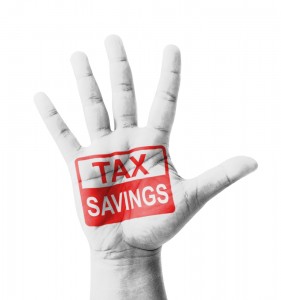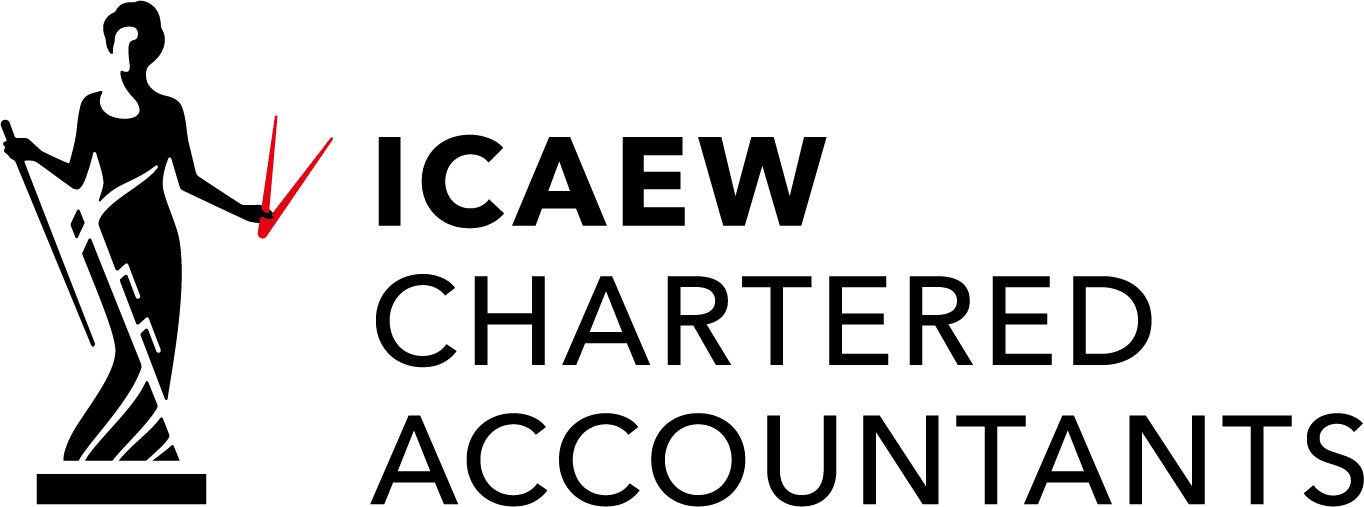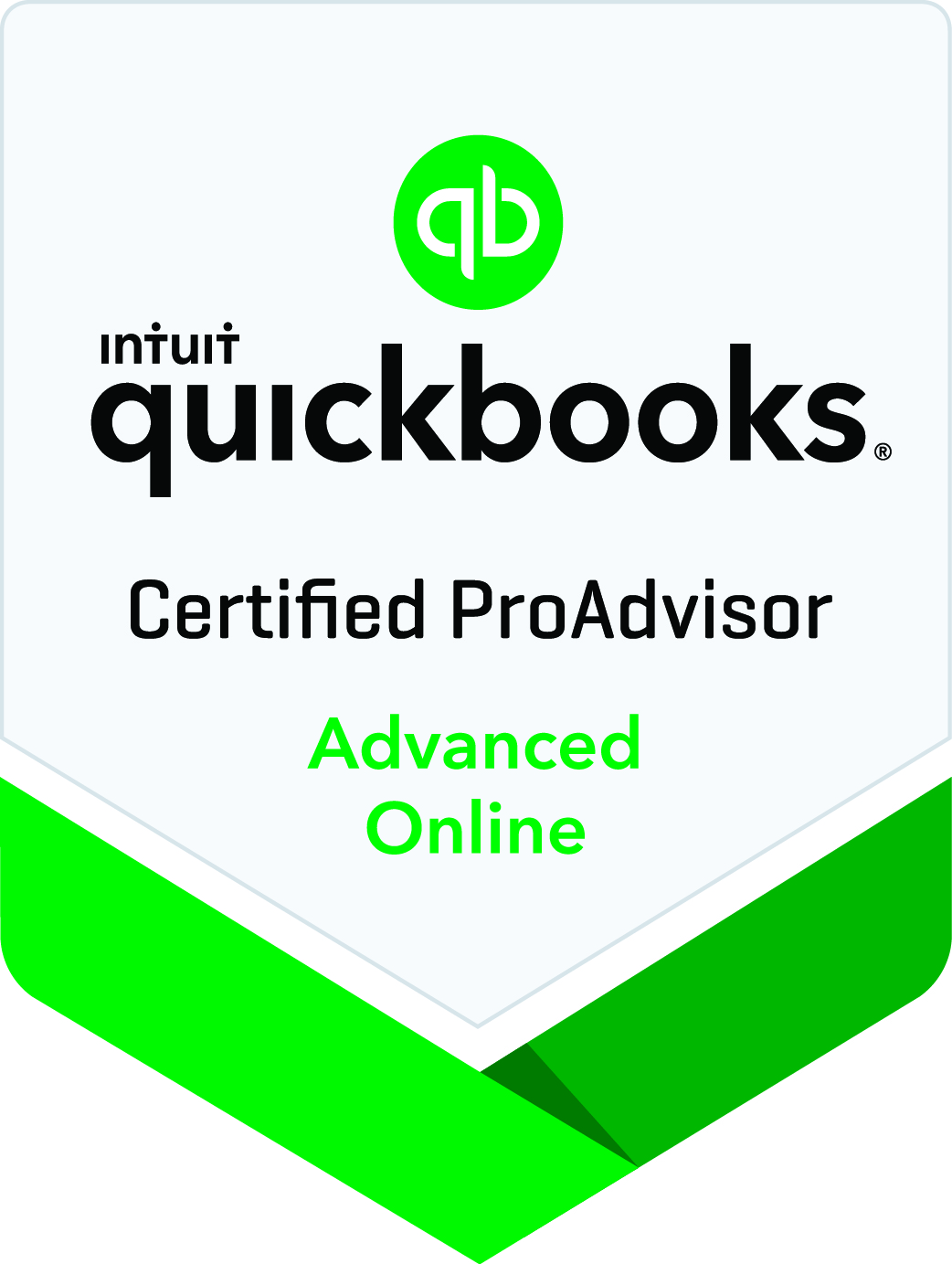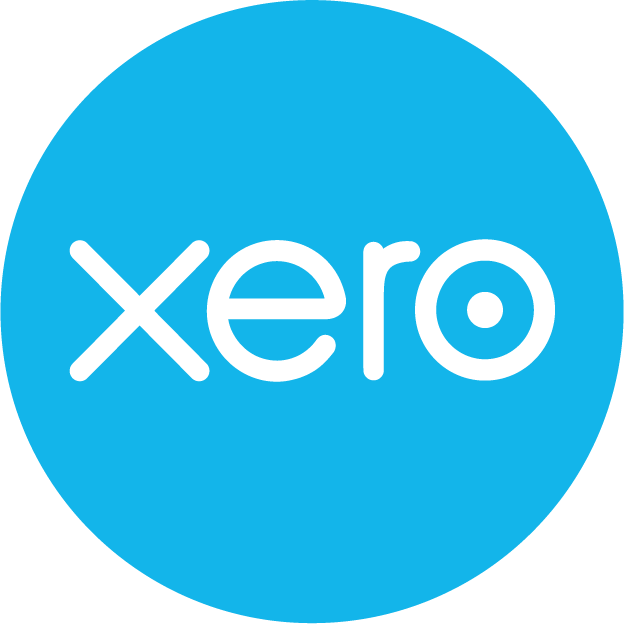Personal Tax Tips 2022-23
Good tax planning is essential from the very beginning of a new tax year. We are currently in the 2022-23 tax year which runs from 6 April 2022 to 5 April 2023. Taking action early in the tax year can often enhance the tax savings that would be made by leaving tax planning until the last minute.
Unless you earn over £100,000, all individuals are entitled to a certain tax-free amount of income, referred to as the ‘personal allowance’. The personal allowance for the current tax year is £12,570. A limited number of couples may be able to transfer a small portion of the personal allowance to a spouse using the marriage allowance, for which further details can be found here.
It is important to check that PAYE coding notices received from HMRC correspond to these allowances with any adjustments made reflecting your own personal circumstances. It is also important to check that payslips match the PAYE coding notice.
Individual Savings Accounts
If you have spare cash then Individual Savings Accounts (ISAs) are a good tax efficient investment. Each individual gets an annual allowance for investing in ISAs, with the allowance for the 2022-23 tax year being £20,000. The full £20,000 allowance can be used in full for either a cash or shares ISA.
Interest and dividends earned on ISA investments are income tax-free and gains made on the sale of ISA investments are capital gains tax free.
If you have surplus cash it is worth utilising some or all of the ISA allowance by 5 April 2023 and the earlier you use the allowance, the sooner you benefit from the tax relief. The allowance is a ‘use it or lose it’ allowance that cannot be carried forward to future tax years.
Tax-Free Interest Income
The first £1,000 of interest income is tax-free for basic rate taxpayers. Higher rate taxpayers receive a lower £500 tax-free interest allowance and additional rate taxpayers do not benefit at all from such an allowance. This may present an opportunity for couples to switch their savings to the individual whose marginal rate of tax is lowest.
Child Trust Funds and Junior ISAs (JISAs)
On the subject of saving, if you have children under the age of 18 you can invest in a Junior ISA (JISA), for which the annual limit is £9,000. They operate in much the same way as adult ISAs, with similar tax benefits. Note that for any existing Child Trust Fund (CTF) schemes set up for children born between 1 September 2002 and 2 January 2011, you can continue to add up to £9,000 to their CTF account but you can also transfer CTFs to JISAs.
The advantage of CTFs and JISAs is that they are not subject to either income tax or capital gains tax. If a parent were to give either money or investments to a child outside of these schemes, the income earned on the cash or investments would be taxed as income of the parent and not the child unless it is less than £100 per year.
Note that the funds cannot be accessed until the child reaches the age of 18. At that point he/she could either withdraw the funds (e.g., to pay education fees) or reinvest the funds tax free in an adult ISA.
Rent a Room Relief
Rent a room relief provides a tax-free allowance of £7,500 for letting out a furnished room in your home. The relief is automatic if your total income is less than the £7,500 threshold and does not need to be reported on a tax return. If the income exceeds the threshold, it will need to be reported on a tax return.
Property and Trading Income Allowances
Tax-free allowances of £1,000 each are available to cover trading and property income. These allowances are for individuals who occasionally sell items through online sites such as eBay and/or for individuals who occasionally let out property using sites such as Airbnb. The intention is to reduce the administrative reporting burden on individuals running very small businesses or those letting property on a small scale.
Pension Contributions
Pension contributions made by individuals are eligible for tax relief at their marginal rate of tax. We encourage all individuals and especially higher and additional rate taxpayers to contribute to their pension pot as doing so saves tax while providing for retirement. Basic rate relief is automatically provided by the pension provider but higher and additional rate taxpayers should note the amount of contributions made on their tax return to receive the additional tax relief. Many employer pension schemes provide full tax relief on all pension contributions but this is something that needs to be checked with the employer.
Charitable Donations
Donations made to UK registered charities are eligible for tax relief at an individual’s marginal rate of tax. Charities claim basic rate relief at 20% for all donations made by individuals but higher and additional rate taxpayers can claim the additional tax relief by noting the amount of donations made on their tax return.
Capital Gains Tax
If you have assets with gains it may be worth considering selling them to make use of the annual capital gains tax allowance which is currently £12,300, as any unused allowances cannot be carried forward. Splitting assets between spouses or civil partners enables both individuals to utilise their capital gains tax allowance, a total of £24,600. The capital gains allowance is reducing to £6,000 in 2023-24 and just £3,000 from 2024-25 onwards.
Inheritance Tax
Each individual is entitled to an inheritance tax allowance of £325,000 upon their death. An additional £175,000 nil-rate band is available when an individual’s main residence is passed on to a direct descendant upon their death. These allowances are often fully utilised by the individual’s main property, leaving everything else in the estate to be taxed at 40%. If you have accumulated some wealth and need to pass it on in order to avoid the high 40% inheritance tax rate, it is important to remember to utilise the annual £3,000 allowance which means this amount can be given away every year without any inheritance tax implications. Any unused allowance can be carried forward one year, so a gift of £6,000 could be made in one year free of any inheritance tax consequences. Additionally, £250 per year can be given away to any number of recipients (though this can’t be combined with the £3,000 annual allowance, i.e., the same recipient can’t receive any part of the £3,000 and an additional £250). As an example, you could give away £3,000 to a child and £250 to each grandchild on an annual basis. More information on inheritance tax is available here.
Child Benefit
If you are in receipt of child benefit, it is important to be aware of the ‘High Income Child Benefit Charge‘. This affects families in which at least one parent has an income over £50,000, where some or all of the child benefit may have to to be paid back via the annual self assessment. If income exceeds £60,000 then all of the child benefit will need to be paid back, unless you opted out of the benefit by notifying HMRC and no further child benefit payments were received from the start of the tax year.




